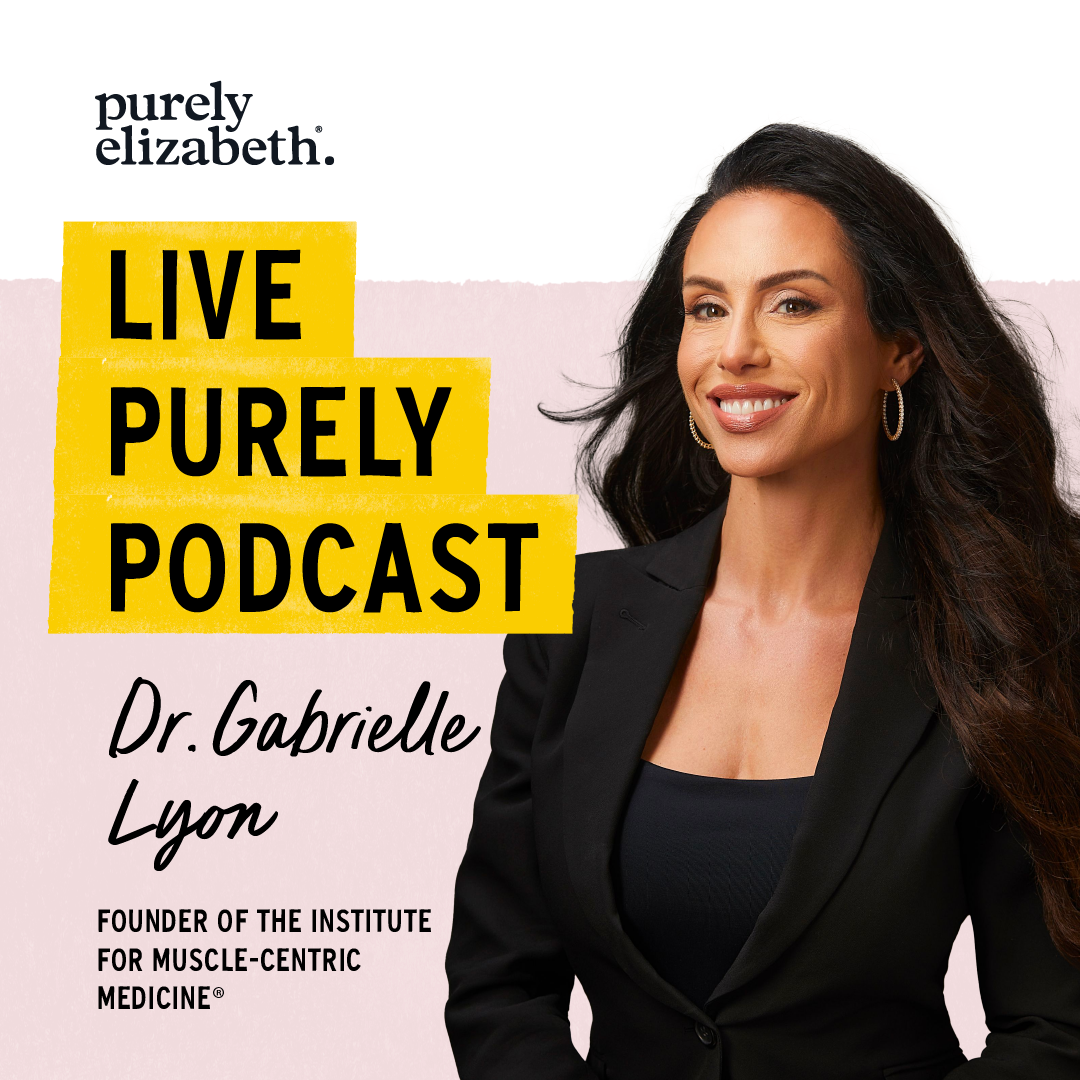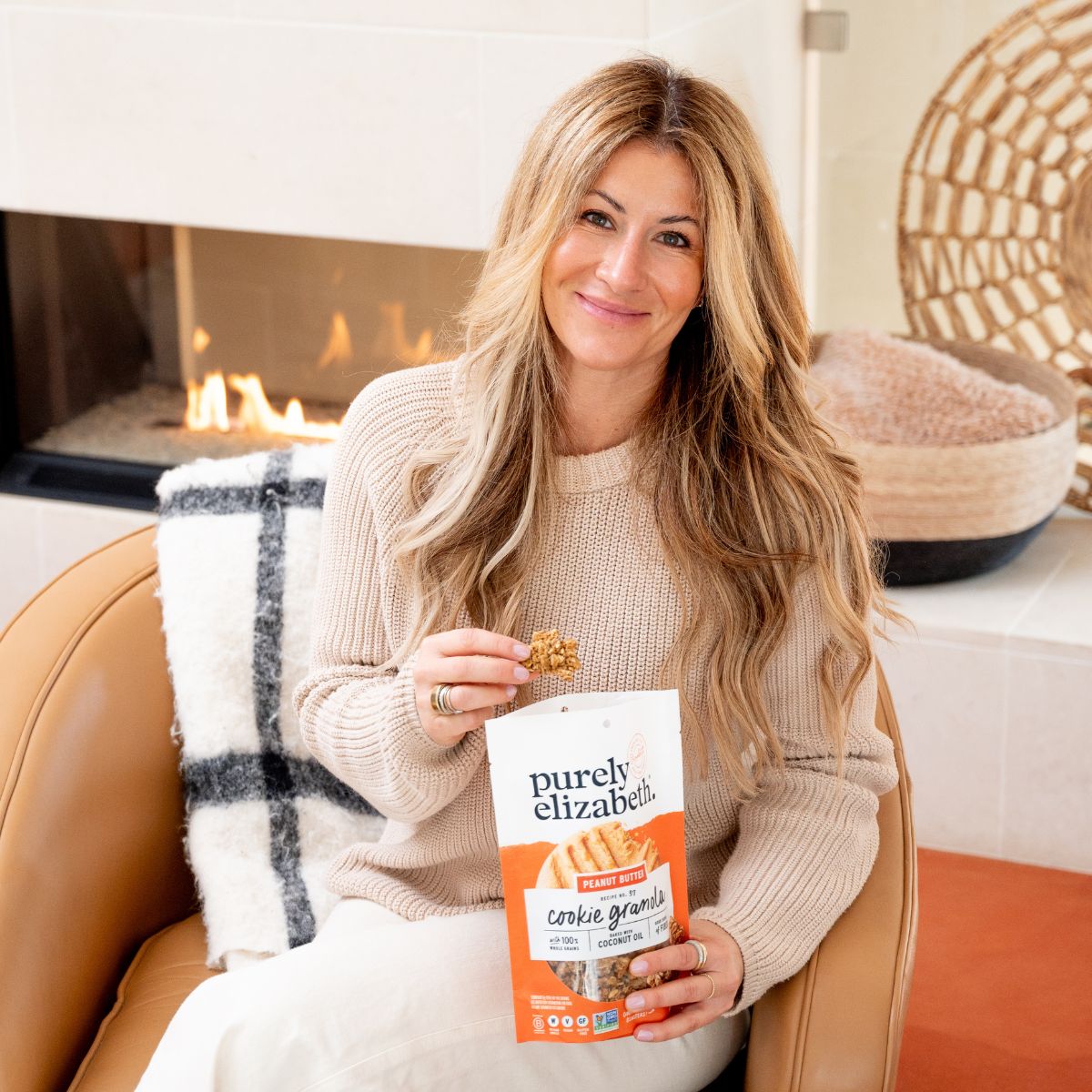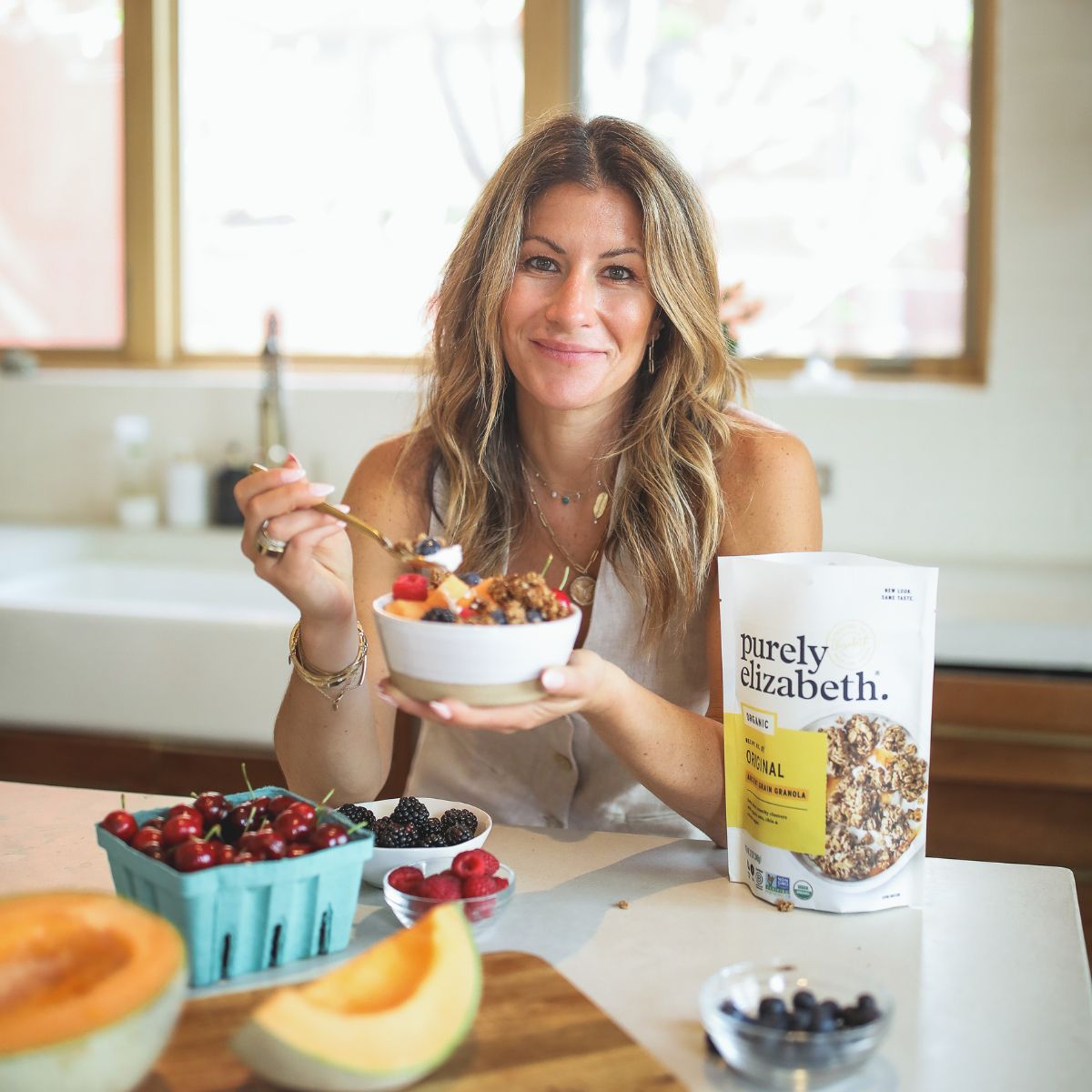Get ready to flex those muscles this week, as Elizabeth is joined by Dr. Gabrielle Lyon, a board-certified family physician, podcaster, and author of Forever Strong: A New Science-Based Strategy for Aging Well. Gabrielle shares her journey into nutritional sciences and provides valuable insights into how skeletal muscle can support longevity and protect against illnesses like obesity, heart disease, and diabetes. She explains more about the importance of protein intake in your diet and shares some great tips on meal planning, whether you are consuming animal or plant-based protein or a mixture of both. Also covered is the non-negotiable role of resistance training in promoting muscle growth and overall health.
Podcast
Science-Based Tips for Aging Well and Why Muscles Matter
with Dr. Gabrielle Lyon











